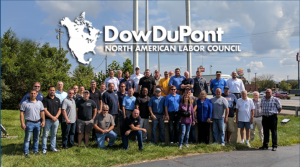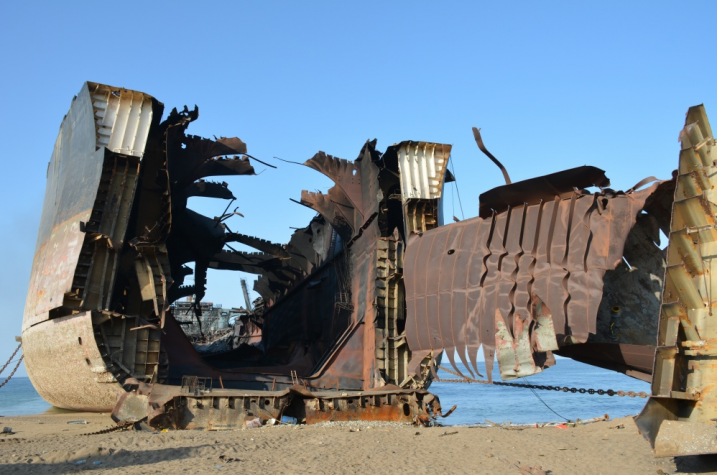
DowDuPont: Don’t Spin Off Worker Rights!
18.05.2018
IndustriALL Global Union and its affiliates throughout the world call for support in demanding chemicals giant DowDuPont to respect workers’ rights through its current spin-off process.
Members of IndustriALL-affiliated trade unions representing DowDuPont workers in North and South America, Europe and Asia, are facing great upheaval as the newly merged company splits into three separate segments. The demand is to have a seat at the decision-making table through this period of change.
The company was formed in August last year after a US$150 billion merger between Delaware-based DuPont and Michigan’s Dow Chemicals. The three new spin-off companies will be in these industries: Specialty Products, Material Sciences, and Agriculture. Each of the three is cutting costs by around US$1 billion.
Through this restructuring, management’s cost savings goal is $3.3 billion. The company calls this the “cost synergy number”. The network argues that this cannot come from employees.
DowDuPont is posting massive increases in earnings, with sales up by 13-percent.
United Steelworkers (USW) Local 12075 President Kent Holsing from DowDuPont’s facility in Midland, Michigan chairs the DowDuPont North American Labor Council. Kent said:
“We are speaking not only for the unionized employees of DowDuPont, but also for the non-union employees who don’t have that voice. Our goal is to use this petition as a platform to ensure the employees and their communities are represented and heard.”
IndustriALL Assistant General Secretary Kemal Özkan said:
“The DowDuPont merger creates the world’s biggest chemical company and has triggered other major restructuring in the industry. Now the company’s breakup into three separate segments will again affect working men and women all over the world. The demand from those workers’ national unions and international trade union, IndustriALL, is to have their voice heard through the restructuring.”
“Workers’ representatives must play a central role in the decision making that will affect them and their communities. Our international network of DowDuPont unions is ready to work together in this regard and demands a proper seat at the table.”
International trade union networking at DowDuPont has been conducted since the merger, and will continue. A large meeting of the network will take place on 9-12 October.
Click here to access the online petition calling on DowDuPont to respect their workers, and not just the shareholders at this important time.
